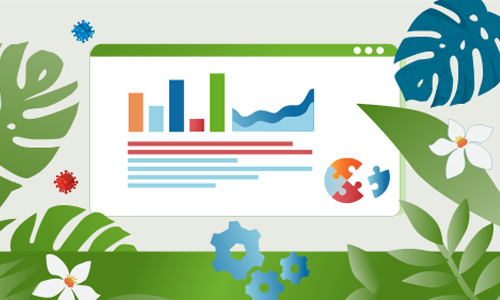Twelfth meeting of the Accession Conference with Serbia at Ministerial level

The twelfth meeting of the Accession Conference with Serbia at Ministerial level was held today in Luxembourg. The meeting marks a milestone in the evolution of the accession negotiations, since it is the first to have taken place since the Council approved the revised enlargement methodology, which now also applies to the accession process of Serbia.
The European Union delegation was led by Ms Ana Paula Zacarias, Secretary of State for European Affairs, on behalf of the Portuguese Presidency of the Council of the European Union. The Serbian delegation was led by Prime Minister Ana Brnabić.
The revised enlargement methodology aims to reinvigorate the accession process. It includes: a stronger focus on fundamental reforms; a stronger political steer; increased dynamism; and a more predictable process, based on objective criteria and rigorous positive and negative conditionality.
Providing the accession process with a stronger political steer from the Intergovernmental Conferences is one of the key elements of the revised enlargement methodology. The meeting therefore served to strengthen the dialogue between the Member States and Serbia, with the aim of focusing efforts on key reforms that should allow for progress in the accession process.
The EU welcomed Serbia’s ambition to open clusters 3 and 4 once all the conditions are met, and the efforts that Serbia has made in recent months in this regard. The advancement of the negotiations will continue to be guided by Serbia’s progress in preparing for accession, as established in the Negotiation Framework.

